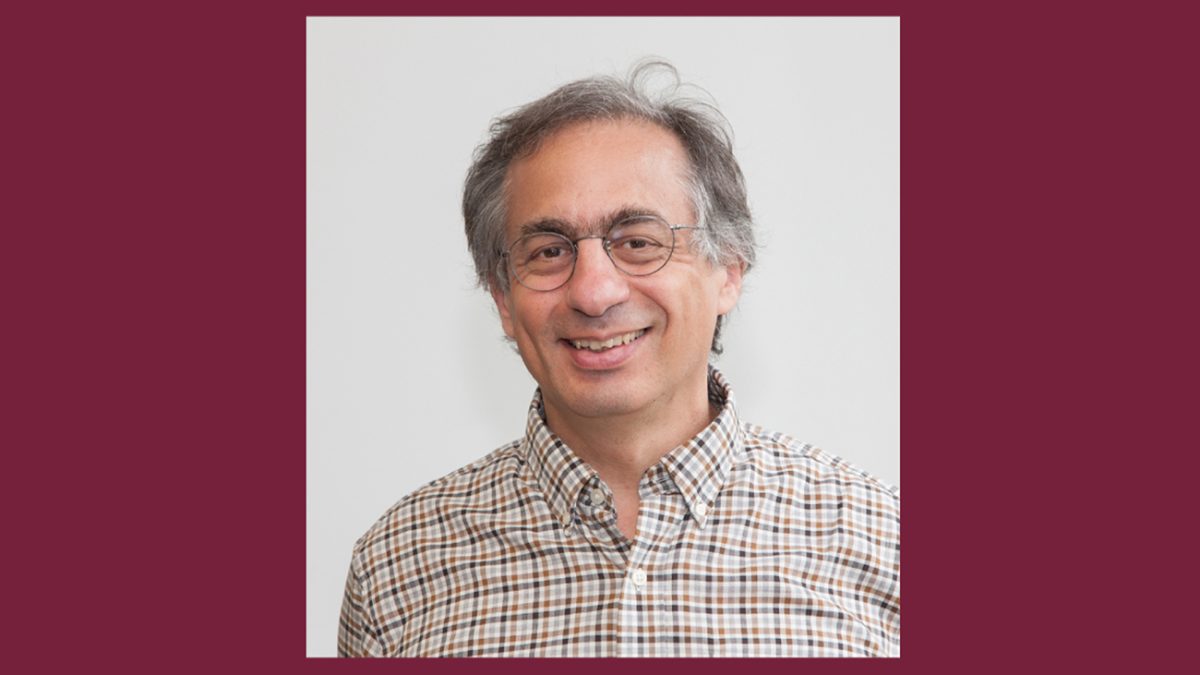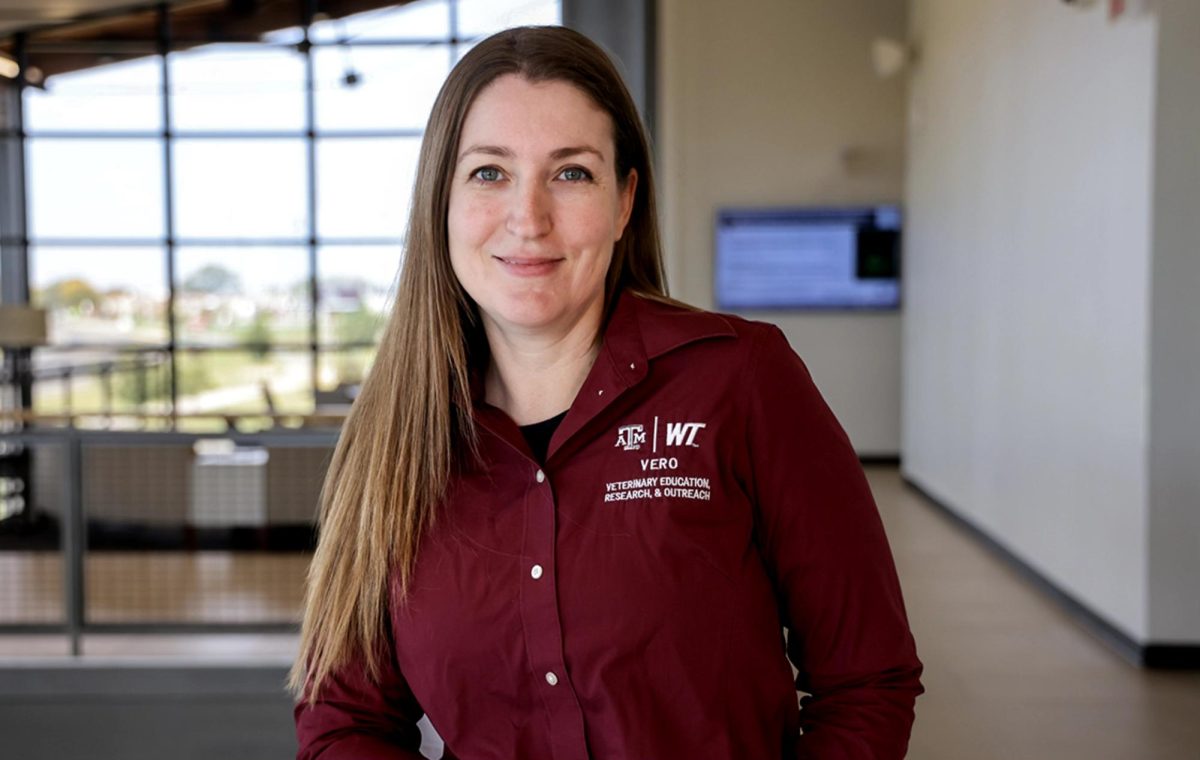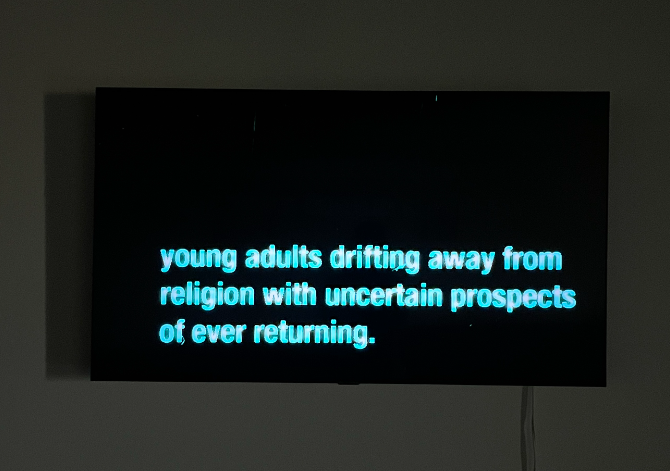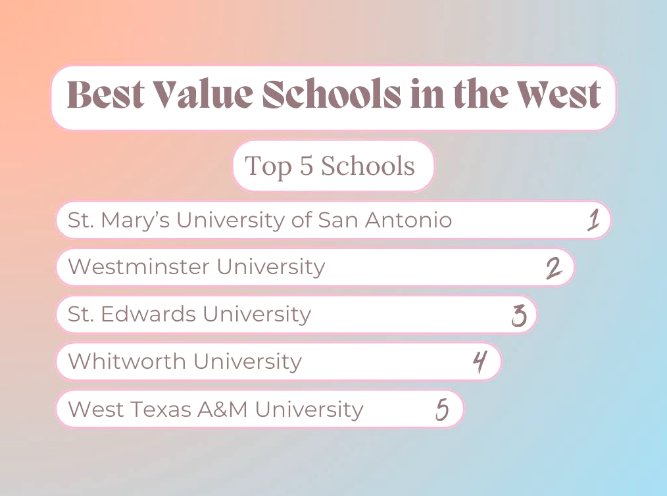CANYON, Texas — An expert on the broad implications of fossil-fuel extraction and the pivotal role of midsize cities like Amarillo will speak Feb. 29 at West Texas A&M University.
Dr. Alan Lessoff, the University Professor of History at Illinois State University, will present “The Texas Petroleumscape and the Urban-Industrial Heritage of Oil and Gas” at 6 p.m. Feb. 29 in the Hazlewod Lecture Hall at Panhandle-Plains Historical Museum, 2503 Fourth Ave. in Canyon.
Admission is free.
Lessoff, a top scholar of American urban history and the author of “Where Texas Meets the Sea: Corpus Christi and Its History,” will delve into petroleumscapes, or how the extraction of fossil-fuel resources shapes the human landscape and manmade environment.
“Lessoff’s work shows us the significance of midsized cities like Corpus Christi and Amarillo and Midland, as well as why it is important to understand the economic and social history of West Texas regions like the Panhandle and Permian Basin,” said Dr. Brian Ingrassia, associate professor of history. “I believe the talk will help audiences understand the role of petroleum extraction in shaping contemporary American life and landscapes.”
Lessoff is a former faculty member at Texas A&M University–Corpus Christi, and his scholarly work deals in part with the impact of the petroleum industry on Texas.
Studies of midsize cities show that residents are connected to larger networks of economic and social activity.
“Sometimes, we can better understand trends in the economy, transportation, politics or such by examining smaller cities, rather than just the big ones,” Ingrassia said. “So, in the case of Lessoff’s talk, studying a place like Corpus Christi or Midland or Amarillo may help us understand the impact of petroleum extraction even better than looking at a larger city, such as Houston or Dallas.”
The event is cosponsored by the WT Department of History and the Center for the Study of the American West.
For information, call 806-651-2417.
Lessoff’s discussion is one example of WT’s work as a learner-centered university, providing a rigorous educational environment for learners of all ages, as laid out in the University’s long-range plan, WT 125: From the Panhandle to the World.
That plan is fueled by the historic One West comprehensive fundraising campaign, which reached its initial $125 million goal 18 months after publicly launching in September 2021. The campaign’s new goal is to reach $175 million by 2025; currently, it has raised more than $150 million.









